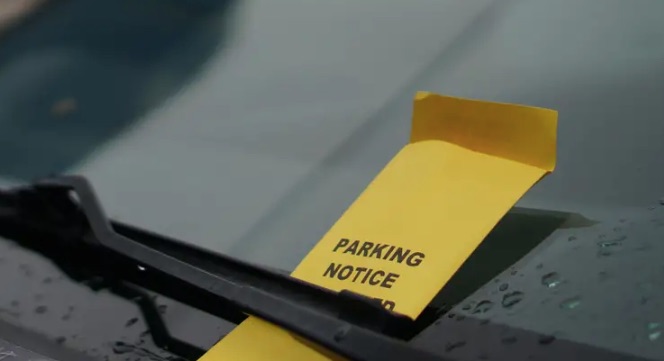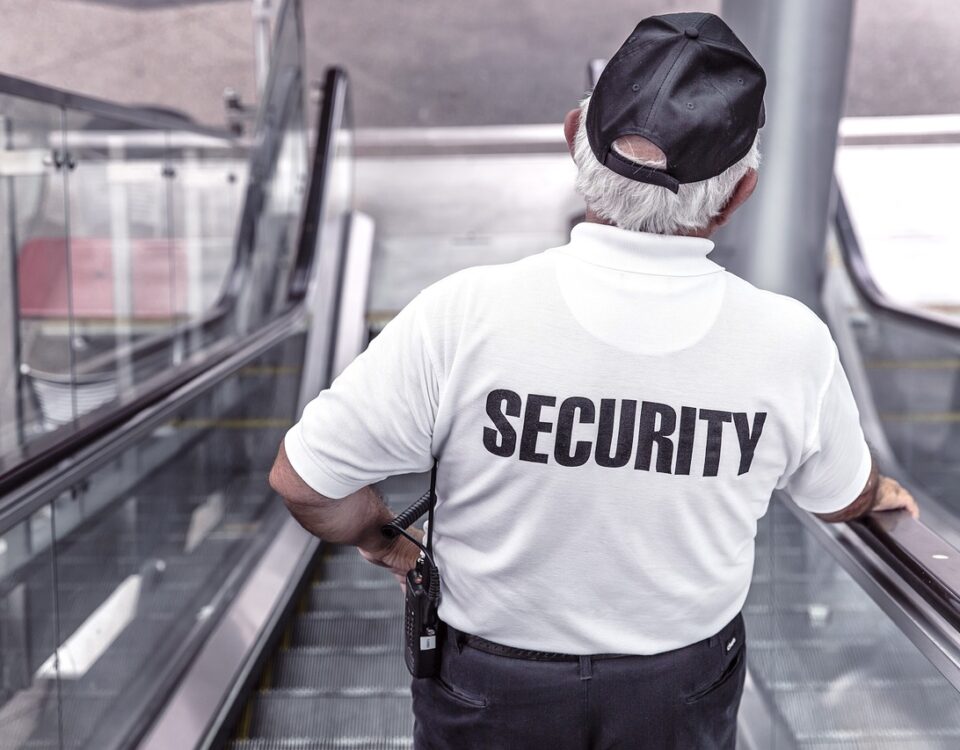
Why Free Tuition Is Like An Onion
June 30, 2019
The Problem With Healthcare Price Shopping
July 2, 2019Parking along or near Main Street in Nantucket, I worry about getting a ticket. Soon after I’ve left my car, the police typically draw a line on my tire to let them know when I have to leave. On certain streets there is a 30 minute limit, on others, one hour or two.
That little chalk line has become a big issue in a federal court.
Unconstitutional Parking Tickets
Our story starts with a 2012 Supreme Court case. In U.S. v. Jones, the Court ruled that the police were violating the Fourth Amendment to the Constitution by using information obtained without a warrant from a GPS tracking device attached to a car. Because the Fourth Amendment ensures “the right of the people to be secure in their persons, houses, papers, and effects against unreasonable searches and seizures,” it covers a digital violation just like any physical entry. As Justice Antonin Scalia explained, by using a warrantless GPS, government was trespassing on someone’s private property.
Now, seven years later, attorneys cited U.S. v. Jones. They were representing a woman who had gotten 15 parking tickets in three years from the Saginaw, Michigan police. While at work, she parked in a free lot with a two hour limit and sometimes overstayed.
A Court of Appeals ruled that, like the Jones case, the chalking violated the woman’s constitutional rights. Because the city was chalking to get revenue, there was no public safety offset. Furthermore, since legally parked cars also get chalked, there was no probable cause as required by the Fourth Amendment. Expressed by the Court’s three judge panel, “because we chalk this practice up to a regulatory exercise, rather than a community-caretaking function,” the chalking is an unreasonable search.
Our Bottom Line: Fiscal Policy
Whether looking at the United States or small municipalities like Saginaw and Nantucket, governments generate revenue through their fiscal policy. Mainly through income, payroll, and corporate taxes, the U.S. government will receive an estimated $3.64 trillion in its 2020 fiscal year (Oct. 1-Sept. 30). Meanwhile Saginaw, Michigan gets close to $200,000 annually from parking tickets and tiny Nantucket in 2018, a whopping $315,856.
The court in the Saginaw tire chalking case has jurisdiction in Kentucky, Michigan, Ohio, and Tennessee. Sadly, it does not apply to Nantucket.
My sources and more: Thanks to Planet Money for alerting me to the tire chalking issues. The case was written up in the NY Times as was its “predecessor,” U.S. v. Jones. But I most enjoyed learning about the impact of the chalking court case on Nantucket in our local newspaper.
Our featured image is from The Independent.
![econlifelogotrademarkedwebsitelogo[1]](/wp-content/uploads/2024/05/econlifelogotrademarkedwebsitelogo1.png#100878)




